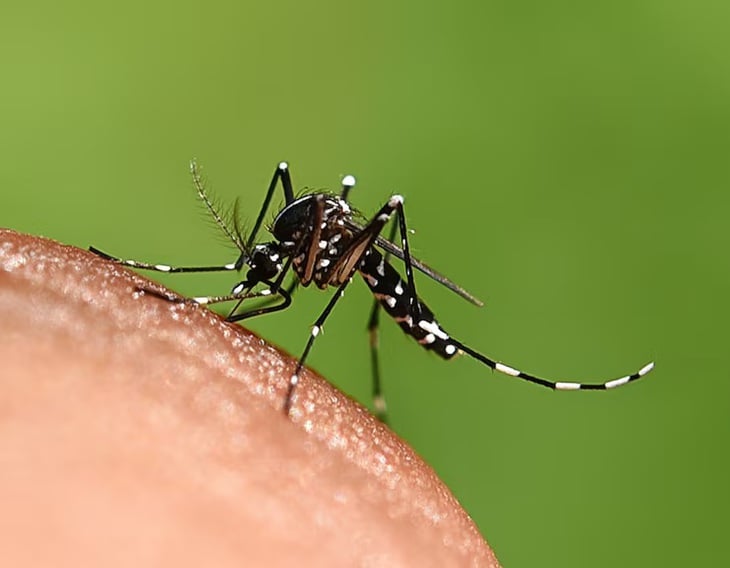
Mosquitoes can recognize certain signals that our bodies emit, making them more likely to land on certain people - Photo: FREEPIK
In a paper published in the Journal of Medical Entomology , researchers found that mosquitoes landed on people with type O blood almost twice as often as those with type A blood. They think this has to do with the types of secretions the human body produces that help mosquitoes recognize a person's blood type. So some people are more likely to be bitten.
More research is needed to determine whether mosquitoes actually prefer certain blood types over others, said Jonathan F. Day, professor of entomology at the University of Florida.
However, he agrees that mosquitoes can pick up on certain signals our bodies give off, making them more likely to land on certain people.
“These signals tell them they’re looking for a blood source,” he says. “Perhaps CO₂ is the most important factor. The more CO₂ you produce—people with high metabolic rates due to genetics or other factors—excrete more carbon dioxide. The more you produce, the more attractive you are to mosquitoes.”
But what makes us different from inanimate objects that also emit carbon dioxide, like cars? Mosquitoes look for primary signals, combined with “secondary signals.”
Lactic acid—the compound that causes muscle cramps during exercise—is one of those secondary signals. Lactic acid is released through the skin, signaling to mosquitoes that we are a target.
Mosquitoes also have other features that help them detect secondary signals. “Mosquitoes have very good eyesight, but they fly close to the ground to avoid the wind,” says Day.
“They can tell you apart from the horizon, so how you dress is also important. If you wear dark clothes, you will attract more mosquitoes because you stand out against the horizon, while people wearing light clothes are less attractive.”
Mosquitoes also pick up on “tactile cues” after they land on you. “Body temperature is a very important tactile cue,” says Day. “It’s related to genetic or physiological differences. Some people are a little bit hotter. When mosquitoes land, they look for blood vessels close to the surface of the skin.” So people with higher body temperatures are more likely to be bitten.
Lifestyle or health factors may also play a role, says dermatologist Melissa Piliang, MD, of the Cleveland Clinic. “If your body temperature is high, you’re active, or you drink alcohol, you’re more attractive to mosquitoes,” Piliang says. “Being pregnant or overweight also increases your metabolic rate.”
A study found that people who drank just one can of beer were more likely to attract mosquitoes than those who didn't drink.
How to avoid mosquito bites
Just because you're more likely to get bitten doesn't mean you can't avoid it. "One of the best ways to avoid mosquito-infested times is to avoid peak mosquito activity," says Day.
If you are having an outdoor barbecue in the evening, try to cover as much skin as possible, especially in areas or times when mosquitoes are common , or use mosquito repellent.
As for candles containing natural essential oils such as citronella oil that can repel mosquitoes, Piliang said there is currently no research to prove it. Instead, you should turn on a fan or sit in a windy place.
If you get bitten by a mosquito, the discomfort you feel depends on how allergic you are to the chemicals in the mosquito's saliva, which vary by mosquito, as well as how sensitive you and your skin are to environmental factors.
If you get an itch, avoid scratching, which is a habit most people have when they get bitten by a mosquito. Scratching releases more histamine, which makes the bite itch even more. Scratching can break the skin, causing bleeding, crusting, and putting you at risk of infection or scarring.
Source: https://tuoitre.vn/tai-sao-mot-so-nguoi-bi-muoi-chich-nhieu-hon-nguoi-khac-2025082723274968.htm



![[Photo] National Assembly Chairman Tran Thanh Man receives First Vice Chairman of the Federation Council of Russia](https://vphoto.vietnam.vn/thumb/1200x675/vietnam/resource/IMAGE/2025/9/2/3aaff46372704918b3567b980220272a)

![[Photo] National Assembly Chairman Tran Thanh Man meets with First Secretary and President of Cuba Miguel Diaz-Canel Bermudez](https://vphoto.vietnam.vn/thumb/1200x675/vietnam/resource/IMAGE/2025/9/2/c6a0120a426e415b897096f1112fac5a)


![[Photo] Lao President Thongloun Sisoulith and President of the Cambodian People's Party and President of the Cambodian Senate Hun Sen visit the 95th Anniversary Exhibition of the Party Flag Lighting the Way](https://vphoto.vietnam.vn/thumb/1200x675/vietnam/resource/IMAGE/2025/9/2/3c1a640aa3c3495db1654d937d1471c8)


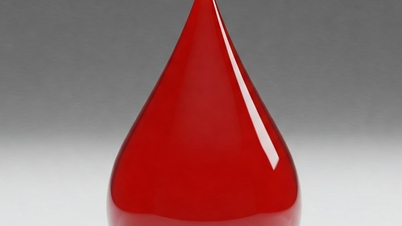

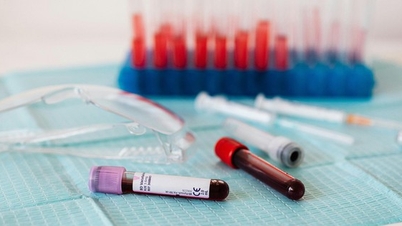
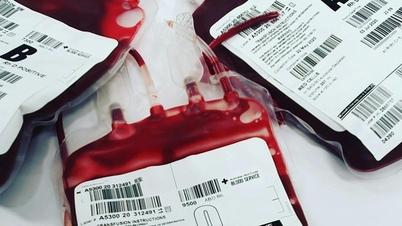
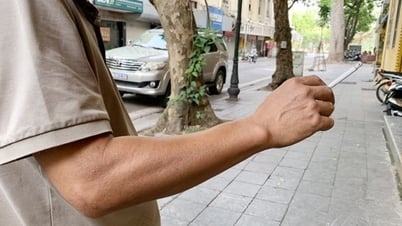



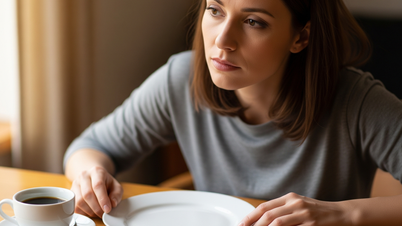
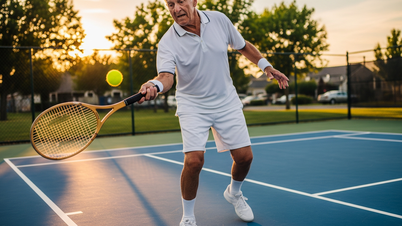

























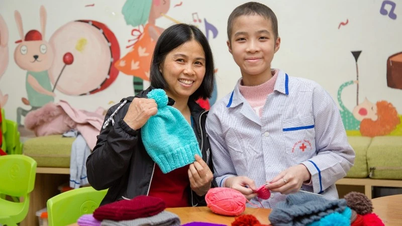




















































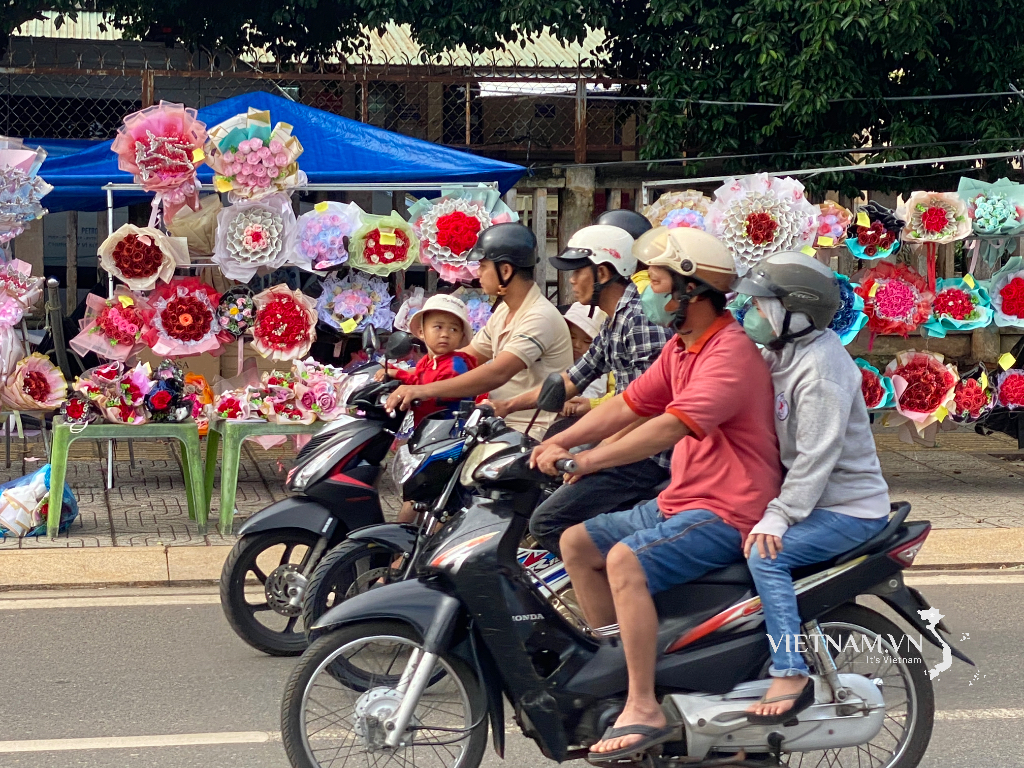

Comment (0)